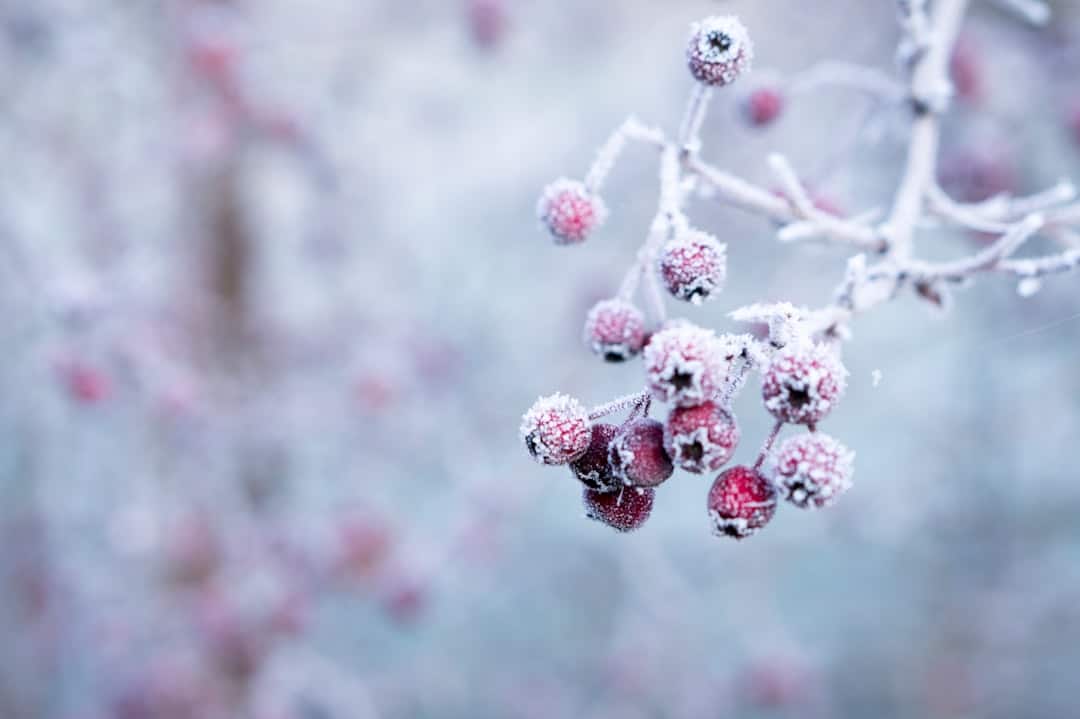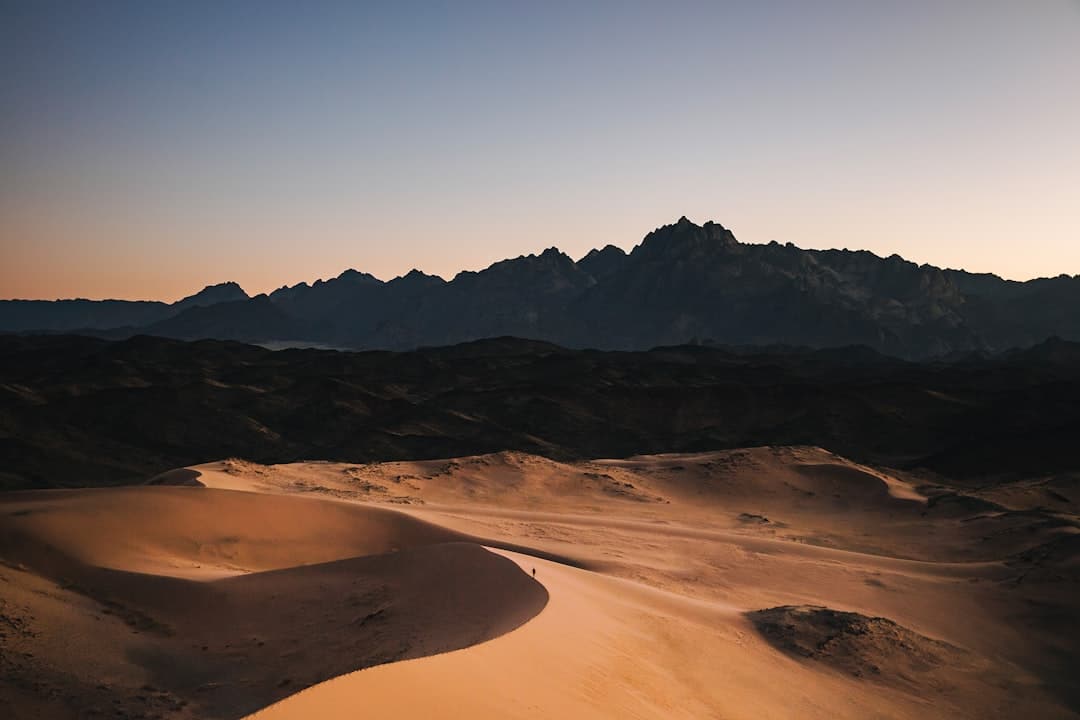|
IN SHORT
|
Kenya, land of majestic landscapes and cradle of wildlife, offers one of the most fascinating safari experiences in the world. But to experience an unforgettable moment in the heart of this preserved nature, the choice of time is crucial. Between the wildebeest migration, the abundance of animals during the rainy season and the flamboyant landscapes of the dry months, each period reserves its share of surprises. Discovering when to leave to fully embrace this unique adventure is to immerse yourself in a sensory journey where wonder mixes with the unexpected.
Discover Kenya: a country in the heart of wild nature
THE Kenya is a must-see destination for all nature and adventure enthusiasts. Its varied landscapes, ranging from savannahs to mountains, are home to an incredibly rich fauna. This article guides you through the best times to experience a safari unforgettable, highlighting seasonal events and animal behaviors. Prepare to immerse yourself in a unique experience where nature reveals itself in all its splendor.
The seasons in Kenya: a constantly changing landscape
The Kenyan climate is influenced by two main seasons: the dry season and the rainy season. Each has its own specificities, which influence the ideal times for a safari.
Dry season: June to October
The dry season is often considered the best period to go on safari. During these months, temperatures are pleasant and rain is rare, making conditions for animal observation almost optimal.
Millions of tourists flock to the Maasai Mara National Park to witness the great wildebeest migration, an impressive spectacle where thousands of animals cross the river in search of fresh grass. This is a highlight event, and it is advisable to book your safari in advance so as not to miss this incredible opportunity.
Rainy season: April to May and November
Although the rainy season seems less ideal for a safari, it has its own advantages. The landscapes become luxurious, with stunning greenery and fewer tourists in the parks. The animals, on the other hand, are more distributed over larger areas, offering a different viewing experience.
The months of November are particularly exciting, as they mark the start of the birthing season for many species. Observing young animals in nature is a magical and authentic moment.
The best times to observe animals
Each season offers a unique safari experience, and the time you choose can significantly influence your chances of viewing.
June to August: the key months for migration
The period from June to August, which coincides with the great migration, is undoubtedly the most popular time for travelers. The dry grasses of the savannah attract thousands of wildebeest, which follow ancestral routes, accompanied by zebras and various species of game. The spectacle is breathtaking and attracts many predators such as lions and crocodiles.
September to October: observing predators
After migration, September and October are good times to observe the predators. The lions, in particular, are more active at this time, seeking to hunt in a half-naked savannah. Migratory birds also begin to appear in September, further enriching the biodiversity you will have the opportunity to observe.
Seasonal events: an opportunity to experience Kenyan culture
In addition to animal observation experiences, the Kenya offers an inestimable cultural wealth. Several events and festivals take place throughout the year, making your stay even more memorable.
The Maasai culture festival
Each year, the Maasai celebrate their culture with dances, songs and demonstrations of warrior skills. Participating in this event immerses you in a vibrant and authentic atmosphere, while giving you the opportunity to discover their traditional way of life.
The Bird Watching Festival
For ornithologists and nature lovers, the Bird Watching Festival, which is held every year in Nairobi, is a real bargain. Experts and enthusiasts come together to share their knowledge, commenting on bird migrations and best observing practices.
| Month | Features |
| January | Dry climate, abundant wildlife, good visibility of animals. |
| FEBRUARY | It’s hot, the animals are giving birth, making it easier to observe. |
| June | Start of the dry season, ideal for safaris, fewer mosquitoes. |
| July | Peak of the wildebeest migration, an incredible spectacle in Masai Mara. |
| September | Optimal conditions for observing large carnivores and migration. |
| October | End of the dry season, wildlife still active, fewer tourists. |
| December | Period of light rains, green landscapes, observation of migratory birds. |
- January to March
- Best time to observe animals, green landscapes
- June to October
- Dry season, wildebeest migrations
- April to May
- Rainy season, fewer tourists, reduced rates
- July to September
- Optimal experience for the great migration
- Hours of the day
- Early morning or late afternoon safari
Practical advice for planning your safari
Planning a safari Kenya requires special attention to maximize your experience. Here are some tips for organizing your trip.
Choose the right hosting
The choice of accommodation can make a big difference in your experience. Of the luxury tents in the great outdoors to comfortable lodges, be sure to select an option that meets your expectations and your budget. Well-located accommodation can also increase your chances of spotting wildlife.
Hire an experienced guide
Have a experienced guide can transform your safari. These experts know the best places to see wildlife and can tell you fascinating stories about animal behavior. A good guide will also know how to explain the ecosystems and local culture.
Respect the fauna and flora
It is essential to keep in mind that you are a guest in the animals’ natural habitat. Respect the park rules, keep your distance from wildlife and remember that observation must be done in a spirit of protection and respect for nature.
Prepare for internal travel
Move to Kenya To enjoy various safaris may require good planning. The country offers varied options, including domestic flights, private transfers and rental vehicles.
Domestic flights
To reach remote destinations like Amboseli National Park where the Tsavo National Park, domestic flights are often the best choice. Not only will it save your time, but you will also have the chance to admire the magnificent sights from the sky.
Safari vehicles
If you don’t opt for flights, know that several companies offer safari vehicles, which will allow you to enjoy journeys through the savannah. These vehicles are designed for comfort and visibility, ensuring you have a pleasant experience.
Preparation before departure
Before going on safari, it is important to prepare well. Proper preparation can make all the difference to your overall experience.
Necessary documents and vaccinations
Make sure your passport is valid and that you have the necessary visas to enter the Kenya. Some vaccinations are recommended, such as those against yellow fever and hepatitis A. Also ask about travel insurance to be covered in the event of an emergency.
Bring the right equipment
To fully enjoy your safari, pack suitable clothing, including light fabrics, a good pair of binoculars, a camera and sunscreen. Also bring neutral colored clothing to respect the environment and not frighten the animals.
Adventure stories: memorable encounters
Stories of safaris Kenya are full of exciting stories, unforgettable encounters and the effects they have on the hearts of visitors. Each journey is unique, but they all leave an indelible mark.
Meetings with the Big Five
No safari experience is complete without the desire to meet the Big Five : lions, elephants, leopards, rhinoceroses and buffaloes. Each encounter leaves a unique memory and strengthens the connection with the wild world.
The magic of sunrise and sunset
THE Sunrise in savannah, tinged with orange and red, will create a magical atmosphere, just like the sunset which sets the horizon ablaze. These moments suspended in time are often the most memorable of a safari.
Remembering Kenya: more than a trip
A safari at Kenya is much more than just a trip; it is an experience that transforms, inspires and nourishes the soul. Everyone leaves with a different vision of nature and stories to tell for a lifetime.
Write your own story
From your arrival until your departure, every moment deserves to be captured. Keeping a travel journal or taking photos can be a great way to capture those precious memories.
Kenya in the heart
The majestic landscapes, impressive wildlife and rich cultural interactions will stay in your heart. THE Kenya is not just a destination, it is a call to discovery and adventure, which you will be happy to share with your loved ones.
Frequently Asked Questions
When is the best time to go to Kenya for a safari? The best time to go to Kenya for a safari is generally between June and October, during the dry season, when the animals are more active and visible.
What are the ideal climatic conditions for a safari? The ideal climatic conditions for a safari are moderate temperatures and little precipitation, typical of the dry season.
Are there periods of high tourist influx? Yes, the peak tourist season is from July to August, when many visitors come to watch the great wildebeest migration.
Can I go on safari during the rainy season? Yes, you can go on safari during the rainy season, but expect lush green landscapes and sometimes difficult road conditions.
What are the advantages of a safari in low season? A safari in the low season, from March to May, can offer lower prices and fewer tourists, allowing for a more intimate experience.
Should I worry about sanitary conditions during safari period? Yes, it is important to find out about required vaccinations and health precautions to take before traveling to Kenya.

